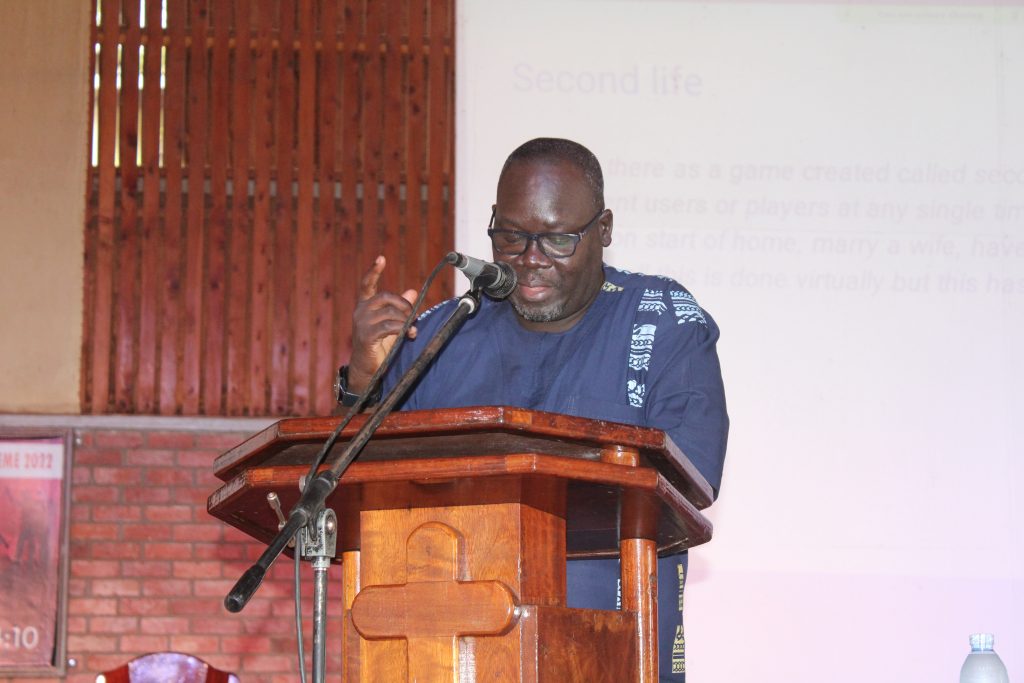By Laura Cenge
“Today, we are becoming increasingly more dependent on Google than on God. We seem to ask Siri and Google more than we ask God,” Robert Buga D’jalo, a teacher at Kampala International School, at the Aeropagus Seminar, held in Nkoyoyo.
Artificial intelligence has created a gap between believers and God, leading to more interaction between individuals and their gadgets like mobile phones, cars, and others.
On July 25, 2022, the Directorate of Research, Partnerships and Innovations organized a seminar under the topic, Artificial Intelligence (AI) and Christian Faith: Contradictions and Convergence.
In this evolving world, technology has dominated the aspect of decision-making among the masses. This has led to the masses having increased trust in the gadgets and apps that they use in their daily activities rather than in God.
They have been transported to the metaverse, a planet with a combination of virtual reality and mixed reality worlds via a browser or headset. This has allowed people to interact and experience real-time interactions from a distance.

Robert said that in one of his classes, he asked his students to choose between a human doctor and a machine (robot) to carry out surgery on them. The students chose a human over a robot because they believe humans have more emotions than machines.
However, this is not the case with other individuals. They would rather have a machine that responds faster to commands. Starting with cars that are self-driven to apps that give directions and schedule programs of the day for an individual, which has affected us as Christians.
“When AI takes over the world, we shall have a new world.” We don’t think a lot about evolution because, as Christians, we find our identity in God, but does AI threaten our dependency on God?” said Buga.

According to Rev. Canon Engineer Paul Wasswa, the chaplain said that as Christians, we should not forget that we are created in the image of God. Therefore, we should not replace God with code.
He said this, quoting Genesis 1:26, which says, “Let us make man in our image, according to our likeness (New King James Version).


